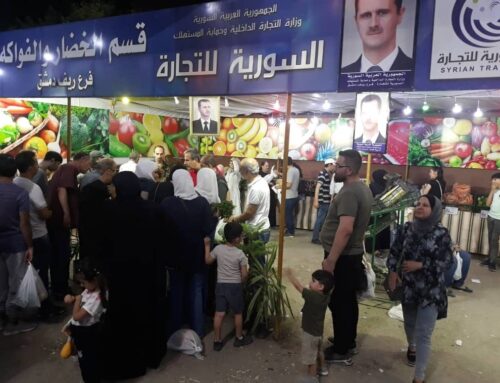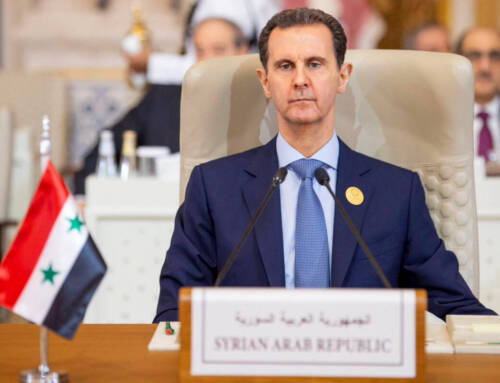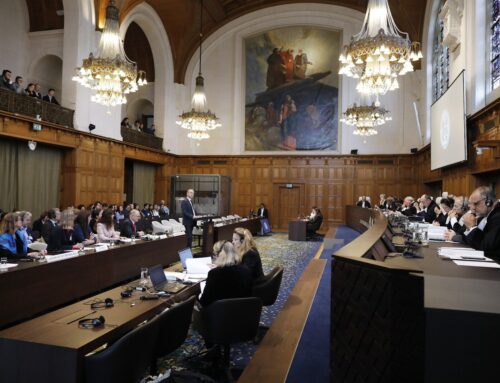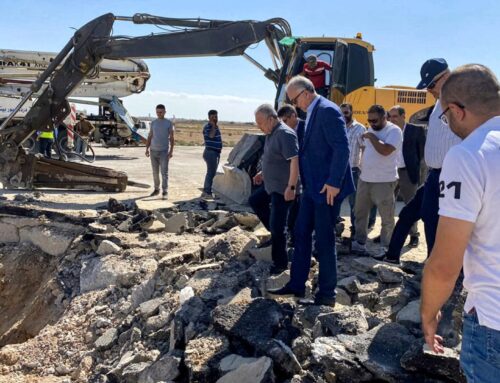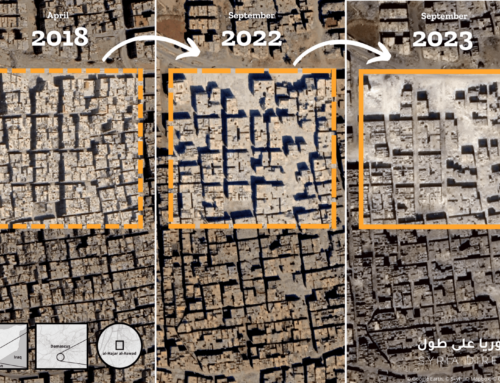Q&A: Mazraa blast ‘didn’t differentiate between regime opponents and supporters’
February 22, 2013 By Nuha Shabaan Abeer Youssef was a […]
22 February 2013
February 22, 2013
By Nuha Shabaan
Abeer Youssef was a public-school teacher who was fired after being arrested for activism. She is a political independent and now works to secure aid for Syrians in need.
Q: Ms. Youssef, could you tell us about the Damascus bombing yesterday? Where were you when the blast occurred in Mazraa? How did you learn about it?
A: I was in al-Jiser al-Abiad when we heard the sound of the blast, at around 10:10am. Roads were closed and a lot of security forces were deployed. After that, we learned the blast happened near al-Hayat Hospital, close to the Baath Party headquarters.
Q: What are the people around you saying about this blast?
A: The blast didn’t differentiate between the regime’s supporters and opponents. It was condemned by people who support both the regime and the opposition. They were all enraged about it.
I think the regime is responsible for this blast, even if the opposition was somehow responsible because of the regime’s policies.
Q: We’ve heard about dozens of killed and injured children. What is the impact of this violence on children?
A: Student numbers have decreased by half compared to last year because a lot of people have been displaced. Children don’t go to schools when they move, and are exposed to diseases.
Q: Do you think there’s a message behind this blast? Who do you think is responsible for these attacks on civilians and what is the impact on the revolution?
A: In the last few weeks Damascus was relatively calm and close to normal. [Whomever planted the bomb] does not want life to go on. They don’t want us to go to work or schools. All aspects of life have stopped. If the regime is behind this, they want to send us a message that this is what we get for demanding freedom.
I can’t tell whether the regime or the rebels are responsible for this blast; I don’t have information about that. The case is ambiguous because the blast targeted an army checkpoint, but at the same time, it happened [in the morning], when children usually leave schools. The rebels would not target civilians.
Q: Do you have any information about the casualties among children and women?
A: According to the Health Ministry, 53 were killed, but people who were on the scene insisted more than 100 were killed because there were too many corpses. Add to that the solders and administrative employees at the party building. No one was killed inside the [nearby] school.


